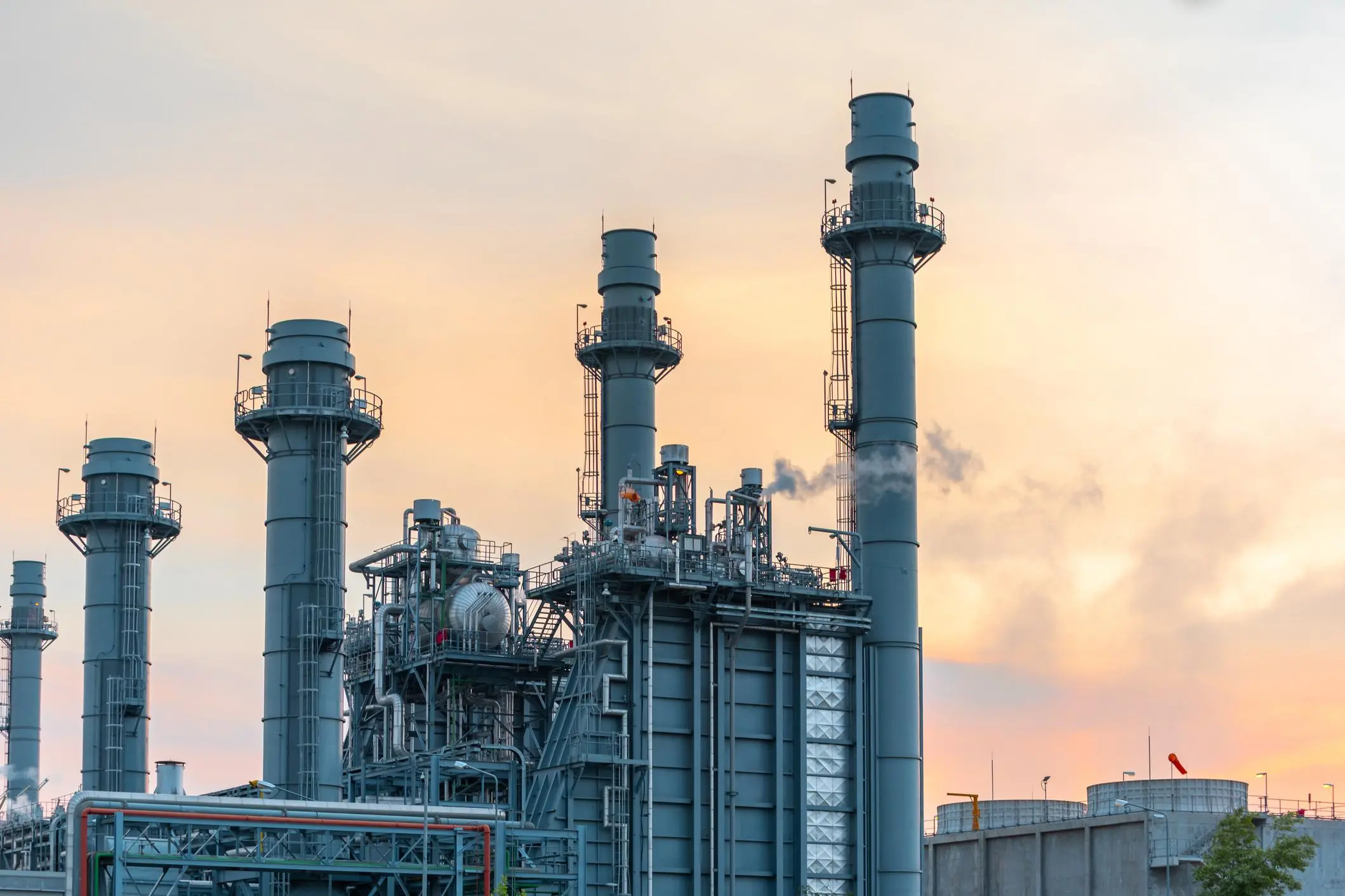PHOTO
Jan. 14 was a frightening Friday for EDF, the French state-owned utility company that is also the world’s largest nuclear power operator.
The week had begun on a bad note for EDF when it announced another delay in commissioning its EPR, the third-generation pressurized water reactor it has been trying to build at Flamanville (pictured) in France and a couple of other sites in other countries. EDF said the plant would now be ready only in 2023, and the cost had further increased to €12.7 billion.
Barely had the stock markets digested this bit of bad news — albeit not entirely unexpected, since EPR has been EDF’s bete noire since it was conceived over a decade ago — than the French government said EDF ought to cut its electricity price down to the same level as rivals in the French market. This sent EDF stock plunging on Friday by 20 percent.
Meanwhile another battle, of far greater consequence to Europe and the world, was raging just across the border in Brussels. That began when the European Commission tried to slip in a major modification to how power sources are labeled, by according the “green investment” tag to nuclear power.
If officials in Brussels had hoped that the media and others would be too busy welcoming 2022 to notice, within hours they were proved wrong as the new government in Germany and numerous environmental groups rejected the new designation and asked for it to be withdrawn.
The “green” designation had been in the offing for a while, as the EU and the rest of the world struggles to meet the ambitious targets for reduced carbon emissions required by the Paris Agreement.
Not surprisingly, a key driver is France, which is not only the biggest user of nuclear power, but has also just begun its six-month rotating presidency of the EU. However, French and EC officials ought to have realized that such a controversial move could not just be slipped in, especially with a new government in Germany that includes as a major partner, for the first time, the Green Party — who have actively campaigned for a total phase-out of nuclear power.
On the same day as European officials moved the draft to give the green investment tag to nuclear power, Germany shut down three of its last six nuclear reactors, as part of its promise to phase out nuclear power totally by end of 2022.
Little wonder, then, that the German government called the European move greenwashing, and said it diluted the good label of sustainability. Germany was joined by Austria, which said it would sue if the EC went ahead, and that neither gas nor nuclear power could be called green as they were both harmful for the environment.
Indeed, calling nuclear power “green” or “sustainable,” attempting to equate a nuclear reactor with a solar panel or a wind turbine, is plain and simple fraud. Certainly, nuclear power does not lead to carbon emissions once production begins, but to give it the same treatment as a trully renewable source such as solar or wind is not just twisting the truth, it is a bare-faced lie.
Sustainability cannot be measured simply by carbon emissions, it must also take into account the overall impact on the environment, and the possibility of accidents and damage. From Chernobyl to Fukushima, and many more incidents that pass unreported or don’t make global headlines, the world has already seen the dangers of nuclear power.
Nuclear power accounts for less than 10 percent of the world’s total electricity generation. One reason for this low share is that these projects are extremely capital intensive, with the construction cost for each MW of nuclear power exceeding €7.7 million in the case of Flamanville. Moreover, nuclear power projects have a long history of lengthy delays and cost over runs. Flamanville’s initial budget was €3.3 billion and the plant was to be operational in 2013. Now it is over a decade late and the cost has grown over 400 percent, with no certainty that it will not have further cost or time over runs. In contrast, solar power in many parts of the world has become even cheaper than coal, the cheapest source so far.
The nuclear industry lobby says that the cost of running a nuclear power plant is minimal and that over a life-cycle nuclear power is competitive. However, this is false again, as decommissioning a nuclear power plant can be more expensive than building it in the first place. There is also doubt over how safely the nuclear waste has been stored, and whether it would leak into ground water or contaminate the soil over the course of tens of thousands of years that will be radioactive.
If a “green investment” tag is indeed given to nuclear energy, driving hundreds of billions of dollars of fresh capital into hundreds of new nuclear power projects, then world leaders must pause and consider whether they putting ticking timebombs under all of us.
The world must ponder whether it is worth tackling the poison in the air that is carbon by spreading poison all around us, in air, in soil and in water — because that is what will happen if we go full-tilt for nuclear energy.
- Ranvir S. Nayar is managing editor of Media India Group, a global platform based in Europe and India, which encompasses publishing, communication, and consultation services.
Copyright: Arab News © 2022 All rights reserved. Provided by SyndiGate Media Inc. (Syndigate.info).





















